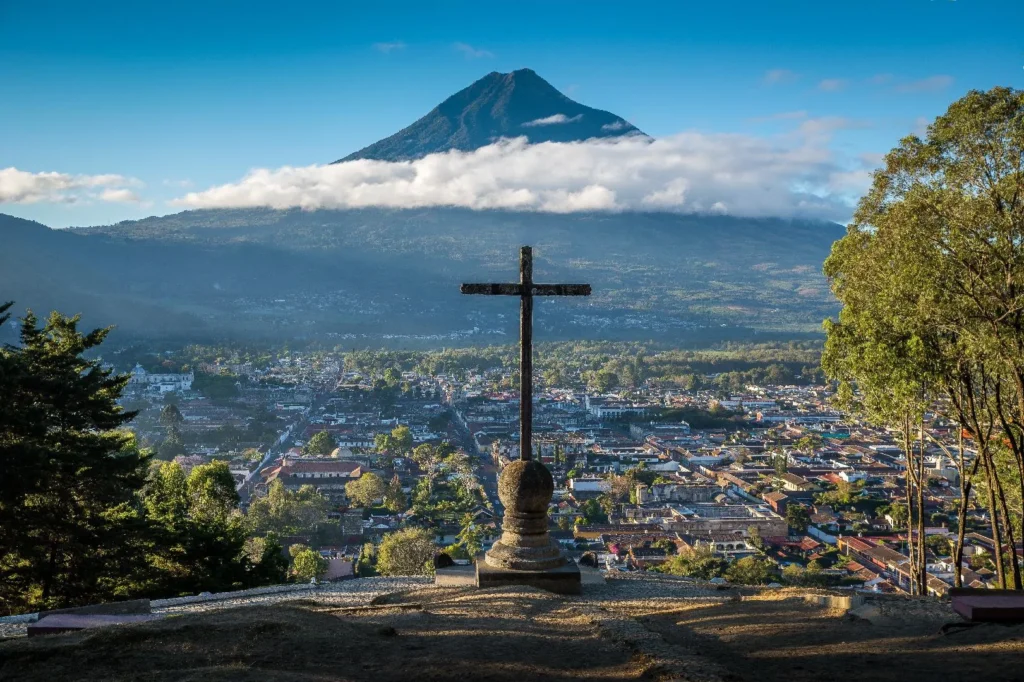Guatemala’s Recent Developments: A Comprehensive Overview (2019-2024)
Guatemala’s Recent Developments: A Comprehensive Overview (2019-2024)
Guatemala has witnessed a dynamic blend of political shifts, economic resilience, and persistent social challenges over the past five years. This detailed overview examines the key developments in Guatemala from 2019 to 2024, focusing on the political landscape, economic conditions, human rights issues, social challenges, and foreign aid interventions.
Political Landscape
The political scene in Guatemala has been marked by significant changes and persistent challenges. The administration of President Alejandro Giammattei (2020-2024) was criticized for undermining anti-corruption efforts and judicial independence. The expulsion of the UN-backed International Commission against Impunity in Guatemala (CICIG) in late 2019 under former President Jimmy Morales exacerbated corruption and weakened governance.
The 2023 presidential election saw the rise of Bernardo Arévalo, inaugurated in January 2024. Arévalo’s administration, which promises to combat corruption and restore the rule of law, faces significant opposition from conservative factions within Congress. The future of Guatemala’s political stability hinges on the success of Arévalo’s reforms amidst a challenging political environment.
Economic Conditions
Guatemala’s economy has shown resilience despite global disruptions. The GDP grew by 4.1% in 2022 and 3.5% in 2023, with a projected growth of around 3% in 2024. This growth has been driven by prudent fiscal policies and an open economy . However, the benefits of economic growth have not been evenly distributed. Poverty remains high, with 55.1% of the population living in poverty in 2023, and the informal sector employing 71.1% of the workforce.
Remittances play a crucial role in the economy, contributing about 19% of the GDP in 2022. This economic lifeline underscores the importance of migration and the challenges in creating sustainable domestic employment opportunities.
Human Rights and Judicial Independence
Human rights conditions in Guatemala have deteriorated over the past five years. The judicial system has been compromised by corrupt elites, leading to the persecution of those fighting for justice. The case of Virginia Laparra, an anti-corruption prosecutor imprisoned under dubious charges, highlights the challenges faced by those seeking accountability.
Freedom of expression has been under threat, with numerous instances of harassment, intimidation, and violence against journalists. The persecution of José Rubén Zamora, an investigative journalist and editor of El Periodico, illustrates the hostile environment for media personnel.
Social Challenges
Guatemala continues to grapple with significant social challenges, particularly in terms of poverty, inequality, and access to basic services. Indigenous and rural communities are disproportionately affected, with high rates of child malnutrition and limited educational and health services. The country’s Human Capital Index score of 0.46 (2020) reflects severe deficiencies in health and education outcomes.
Violence against women remains a critical issue, with thousands of cases of gender-based violence and femicide reported annually. Insufficient public resources and systemic weaknesses exacerbate the situation.
Foreign Aid and International Relations
International aid has been crucial in supporting Guatemala’s development. The United States, under the Biden administration, has pledged substantial aid focused on economic stability, health, security, and addressing the root causes of migration. This aid aims to bolster Guatemala’s capacity to manage its internal challenges and reduce the economic pressures driving migration to the U.S.
Future Outlook
Guatemala stands at a pivotal moment, with the potential for significant political and social transformation under the new administration. The success of President Arévalo’s anti-corruption and reform agenda will be crucial in determining the country’s trajectory. Continued economic stability, effective governance, and international support could help Guatemala address its deep-seated issues and pave the way for more inclusive growth and development.
However, entrenched power of corrupt elites, ongoing human rights abuses, and social inequalities present formidable obstacles. The coming years will be critical in shaping Guatemala’s future, with the potential for both progress and setbacks depending on the political will and societal resilience in addressing these challenges.
Conclusion
Guatemala’s journey over the past five years has been a complex interplay of economic growth, political challenges, and social struggles. As the country moves forward, the ability to address corruption, enhance human rights, and promote inclusive development will be key to realizing its potential. The international community’s support and the new administration’s commitment to reform are essential in navigating this critical period in Guatemala’s history.
Addressing corruption, enhancing human rights, and promoting inclusive development are crucial for its future. International support and the new administration's commitment to reform are vital for navigating this pivotal period.
